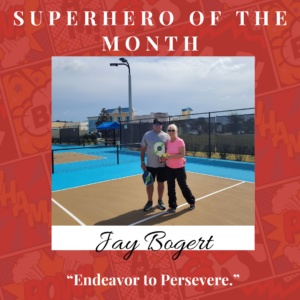By Amanda Mittleman MS
The truth is COVID-19 is NOT the last virus that will make its way into our world. When you look at the published reports from CDC and World Health Organization (WHO), we are finding that risk factors for severe COVID-19 and other pathogenic virus include underlying health conditions.
Consistently, ALL OVER THE WORLD, the top four comorbidities for people who were hospitalized (very seriously affected or died from COVID-19) were:
- obesity,
- heart disease,
- type II diabetes,
- chronic lung disease (COPD and other lung diseases caused by smoking), and one more
- Age can also be a “comorbidity” to any virus however, health status matters
In a report released by the CDC March 8, 2021 the authors stated, “Obesity is a recognized risk factor for severe COVID-19 possibly related to chronic inflammation that disrupts immune and thrombogenic responses to pathogens as well as to impaired lung function from excels weight. Obesity is a common metabolic disease, affecting 42.2% of U.S. adults, and is a risk factor for other chronic diseases including type 2 diabetes, heart disease and some cancers.”
ALL of the co-morbidities for COVID-19 and other diseases are related to our daily choices…. our lifestyle. And almost ALL of them are related to obesity and they are all related to high levels of inflammation.
The good news is, we can avoid these lifestyle related diseases, which shorten our lives and ESPECIALLY steal the quality of our lives while we are here, altogether or at the least hold them off for MANY, MANY years….by taking care of our body, mind, and spirit.
We know today from the emerging scientific studies in epigenetics that our genetics (our genetic code) have only a 15% influence on our health, the other 85% influence comes from our daily choices which create our “lifestyles. “
It turns out that our genetics are greatly affected by our environment, which we create through our lifestyle. You actually can choose whether or not to turn on the “bad” genes “ON” or not through your choices every day.
And even more…. we’re learning that our gut biome (what we put into our mouths and digestive system) controls MUCH of our genetic expression.
In 2000, based on research, the World Health Organization (WHO) named Okinawa the place in the world with the longest “disability-free” life expectancy; in other words, they live a long health span.
What WHO meant by that was the people in Okinawa managed to live a LONG time (often past 100 years old) while avoiding most chronic diseases and then died quickly (meaning they didn’t die a slow, painful death through years of chronic illness, hospital visits, pain and suffering. Unfortunately, this is more commonly the “American way.”
When researcher and author of The Blue Zones, Dan Buettner studied the five populations in the world who had more people living quality lives into their 100’s (centenarians) he and his researchers discovered 9 healthy lifestyle habits that people who lived the longest (high quality) lives shared in common. I will share some of these nine lifestyle habits and a few habits that science is showing are essential for lifelong health and vibrancy in the fundamentals below.
For simplicity’s sake I’ve grouped these habits into 7 fundamental lifestyle principles that when practiced can lead to a long vibrant health span. These habits will make your metabolism more efficient and flexible and increase your overall energy and brainpower too!
1: Exercise and move naturally throughout your day….
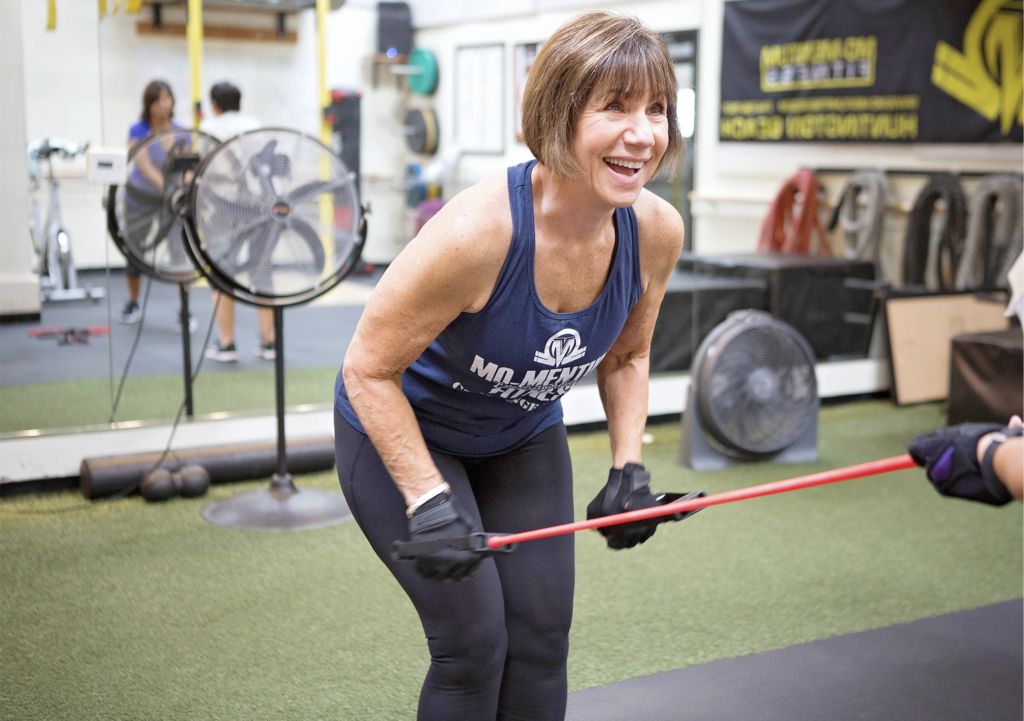
Sitting is a large part of our culture. Those of us who work on computers all day must make time to stand, pace, and fidget all day long as well as participating in some form of exercise for at least 60 minutes every.
For better health and increased (quality) longevity, according to the World Health Organization Minimum Activity Guidelines, all you need to do is exercise at a moderate intensity for 150 minutes a week or 75 minutes a week of vigorous activity.
And check this out….the WHO guidelines for the minimum amount of exercise only require no more than 3% of your time in a 7 day week (and that’s only counting 12 hours of time during your days.) If you were to exercise for 30 minutes a day, 5 days a week that would only require 4% of your time. 7
Here are a few things exercise does for your body and mind:
- Movement is vital for your immune system to function at its best (we’ll go into why in future lessons.)
- Exercise is the fastest way to change your “state,” meaning if you are in a bad mood before you exercise (even walking) you will feel better within minutes.
- Exercise releases serotonin in your brain which helps you focus better and feel better.
- Regular exercise helps you sleep better.
- Moderate to intense exercise triggers the release of BDNF (which is like Miracle Gro for your brain cells and ultimately protects the executive functioning of our brains’ as we age.
- Consistent regular (moderate intensity) exercise has been shown in research to lower inflammation.
- Exercise is one of the most important factors for keeping your metabolism healthy and flexible.
Exercise also doesn’t have to be high intensity every day. It’s much better for your body to do different forms of exercise, cycle, strength training, yoga, Pilates, walking on the beach, and at varying intensities. A University of Pennsylvania study followed more than 5,000 healthy people for 10 years found that the more various types of exercise a person did, the better their cognitive function 10 years later. The human body is built to move, not sit.
2: Eat Real Whole Foods
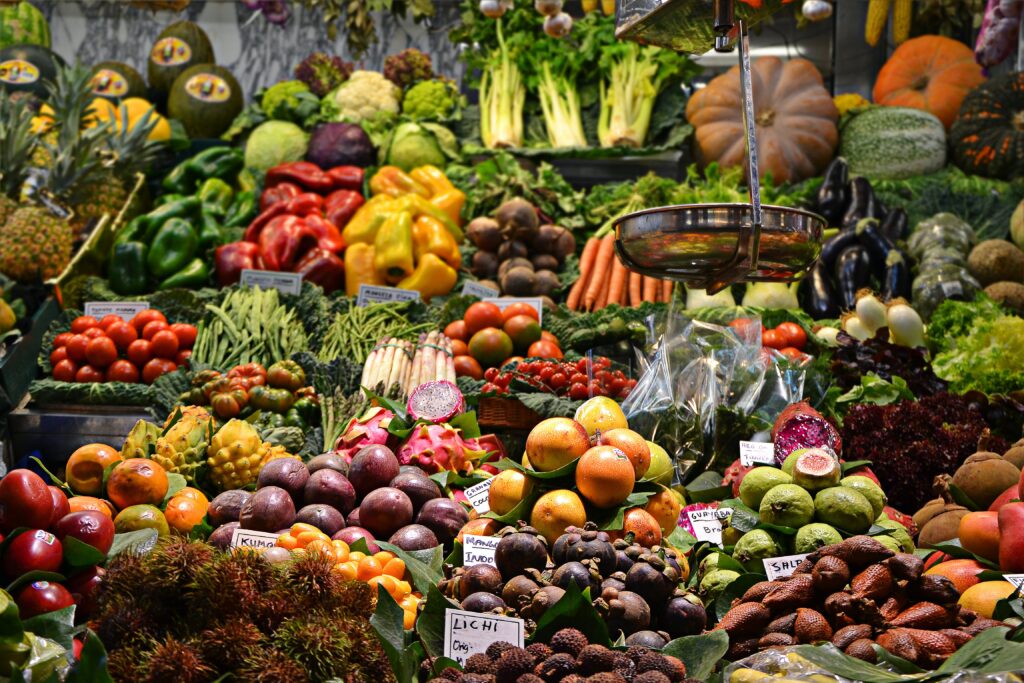
The Blue Zones people eat whole real food. That simple. Some eat a plant-based diet with meat as a condiment. However, this is generalization about “what” they eat. It’s dangerous and unwise to prescribe a single “meal plan,” that doesn’t account for vital influencing factors such as seasonal food changes, culture, availability of food, and gut biome needs of people in different environments. The thing to remember is that people who live in the Blue Zones don’t eat processed food (aka junk food) or tons of sugar.
So, by increasing our non-starchy carbohydrates and fiber filled carbohydrates (starchy carbs like beans, potatoes and squash but not sugary carbs) to somewhere between 6-12 servings a day and lower our processed carbs to less than 10% we are creating a healthier lifestyle, and thus body, mind and spirit.
The Blue Zone people don’t leave out a macronutrient like protein. They eat naturally occurring proteins which do also come from wild animals. They just don’t eat this protein in massive amounts. I’m not saying that being vegetarian or vegan is “wrong,” by stating what scientists who studied the Blue Zone’s people share. However, I do believe people who are vegan and vegetarian need to listen to their bodies’ and make sure they are getting enough complete proteins in their diets.
You probably know a “carbaterian” or 2 who is NOT a shining example of health.
Sugar
Sugar is sugar is sugar, whether it’s organic or honey, or table sugar. It’s yummy but it rips apart our insides. The more you can get it out of your system the better. That said, sharing a homemade chocolate chip cookie with your granddaughters, or someone else you love is NOT going to kill you. But there’s a HUGE difference between having a homemade chocolate chip cookie with someone special and eating 8 chocolate chip cookies to take the edge off feeling stressed.
Sugar triggers dopamine in our brain and although tastes good, feels good and it helps us cope with stress, too much sugar stresses the body and lowers the power of our immune system, robs us of energy, and messes up our digestion and metabolism.
Full transparency, I love sugar. If frosting was healthy, I’d live off of the stuff. Don’t judge yourself if you love yourself some dark chocolate. But to fully enjoy your life and increase your HEALTHSPAN saving treats for special rare special occasions balancing is essential.
3: Drink 1/2 Your Body Weight in Ounces in Water Every Day
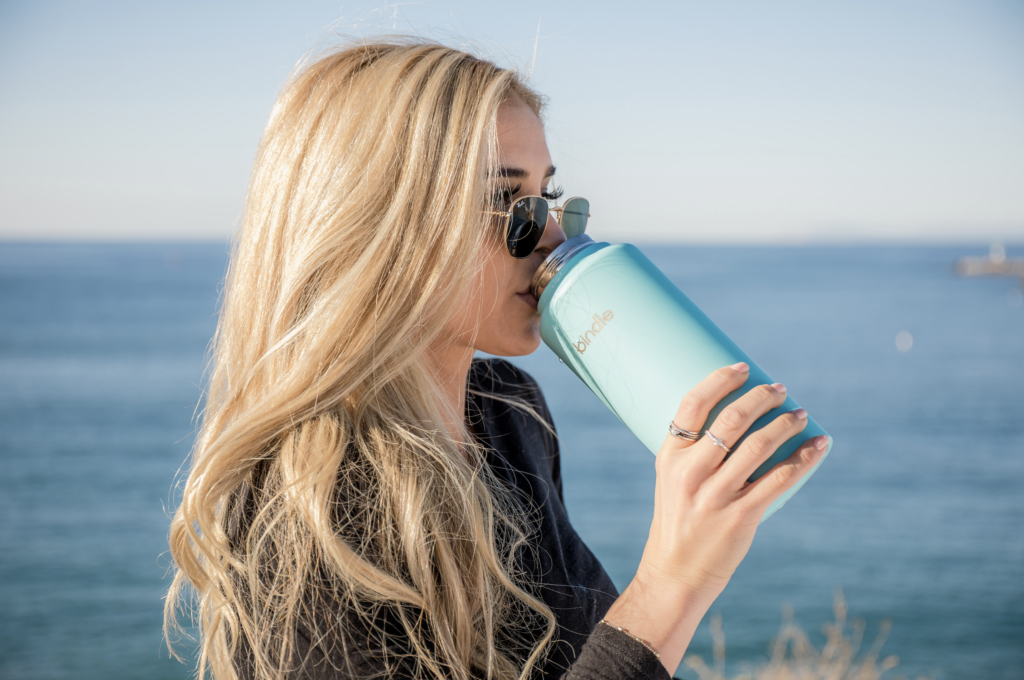
Get yourself a Hydroflask or a favorite BPA-free water container to measure your water in and keep track of your water intake starting today.
This action by itself will help you regain energy pretty quickly. Every chemical reaction in our bodies requires water! And YES! You will have to pee about every 10 minutes for the first couple of days…. but that will subside as your body gets used to having enough water.
This is important, your body can only digest about 1 liter of water per hour. So, don’t guzzle your water down to try to hit your quota for the day.
4: Sleep between 7 to 9 Hours Every Night

Many people today are struggling with sleep. So, this fundamental principle might make you want to stop reading. DON’T…. There are many ways to help you change your perception of sleep, your sleep habits and the quality of sleep you’re getting.
Sleep is vital for longevity for many reasons. Sleep is anabolic state (meaning building) when your body and brain rebuild and replenish. High quality sleep enhances your immune system, cleans up your metabolism, balances your hormones, augments your physical energy, and improves the functioning of your brain. The right amount of quality sleep is essential for your overall health, longevity and vitality.
5: Purpose
Okinawans call it ikigai. Purpose is why you wake up in the morning. It’s your fuel when you feel like quitting. A strong enough purpose will be the fuel you need to push through your fears and out of your comfort zones which is where “EXTRAORDINARY,” and HAPPINESS are found. Knowing why you wake up in the morning and why you continue to grow make you healthier, happier and can add up to seven years to your life.
6: Downshifting (make recovery rituals a part of your Daily routine.)
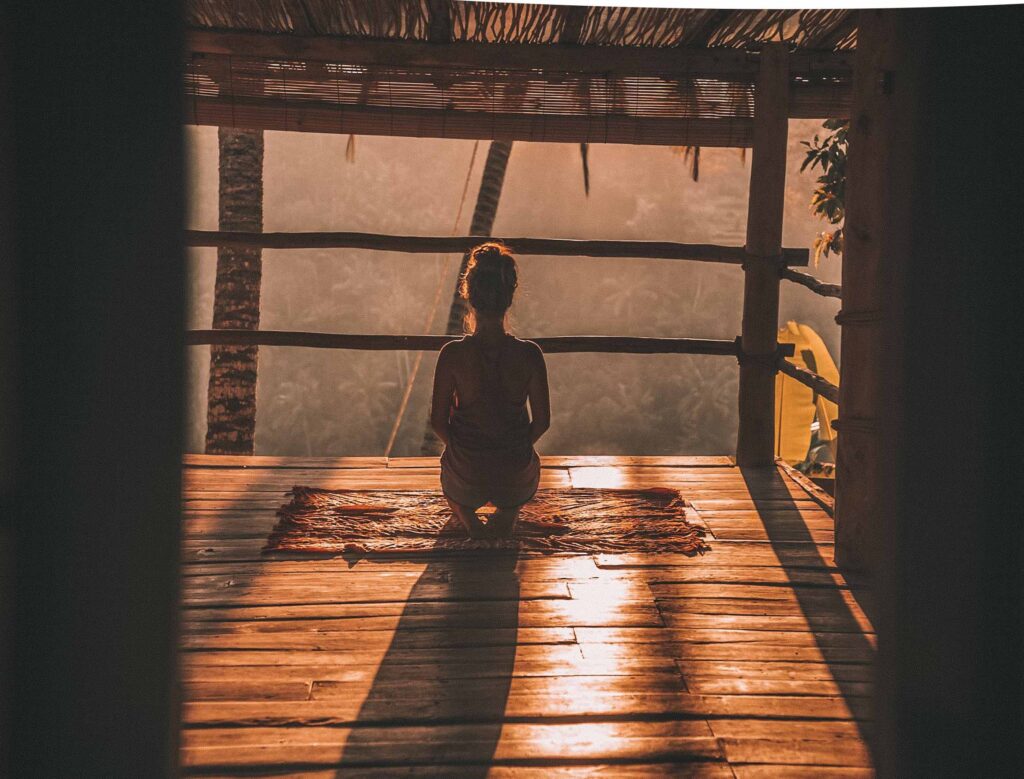
Stress is part of life, but Blue Zones centenarians have built stress-relieving rituals into their daily routines. Some pray, some meditate, some nap and some share a “happy hour” (not necessarily drinking alcohol) time with their friends and family every day.
We think over 60,000 thoughts a day. AND most of the human brain is still soooo 10,000 years old! Our brains are made to look for dangers in our environment. We are actually wired to look for the negative. That’s why Fox News and CNN and other news stations focus on negativity and drama.
Downshifting is essential for our health and a high quality of life because it’s rest for our brain which controls everything in our bodies especially the metabolism. And to be clear when I say, metabolism I’m not just talking about losing fat. Our metabolisms are responsible for all of the important processes happening in our bodies at all times. A healthy metabolism creates a healthy body.
Here’s a list of downshifting activities you can build into your life as a ritual as well. These can change over time as well!
7: Right Tribe
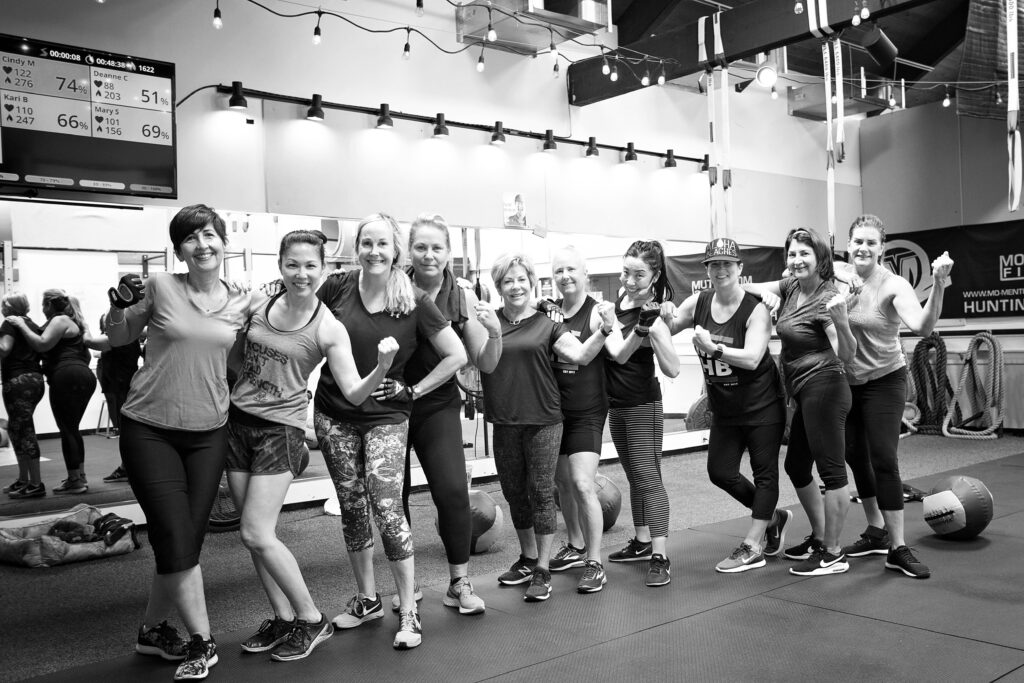
The people in our world who live the longest have close friends, family and social networks. Human beings are social animals. Community involvement has been associated with better mental health and cognitive resilience as well. It’s also connected with reduction in chronic pain, improved cardiovascular health and lower blood pressure. 4
Isolation and loneliness increase the risk of premature death.3
Find your tribe of people who lift your spirits. This is one of the reason smaller fitness and wellness studios have become so popular in the world today. We are communities of like-minded people who are working towards creating our most vibrant health and extraordinary lives together.
The Blue Zones Centenarians all had strong family and community ties and research consistently shows that people who are.
References:
- Kompaniyets L, Goodman, AB, Belay B, et al. Body Mass Index and Risk for COVID-19 Related Hospitalization, Intensive Care Unit Admission, Invasive Mechanical Ventilation and Death –United State, March—December 2020. MMWR Morb Mortal Wkly Rep 2021; 70:355-361.
- Holt-Lunstad et al., “Loneliness and Social Isolation as Risk Factors for Mortality;” Stephanie Cacioppo et al., “Loneliness: Clinical Import and Interventions,” Perspectives on Psychological Science 10, no. 2 (2015): 238–49.
- Roger Walsh, “Lifestyle and Mental Health,” American Psychologist 66, no. 7 (2011)







